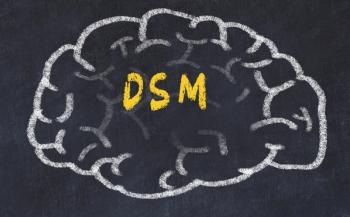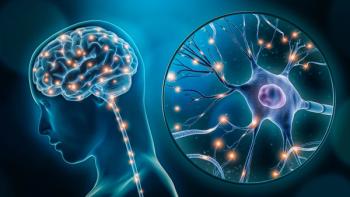
Mayday! Mayday! The Oy Veh Way to Recovery and Resilience
How can the response of "oh veh" to mayday help us with recovery and resilience?
PSYCHIATRIC VIEWS ON THE DAILY NEWS
In yesterday’s column on
That topic will be part of an upcoming Interfaith session ("People, Place and Purpose: Contributions of Faith Traditions to Recovery and Resilience") at the
So, how to sum that up from a psychiatric perspective? Religious leaders will have their own explanations, and I have been canvassing Rabbis, Jewish educators, and other community leaders, as well as other psychiatrist colleagues. In sort of a working draft preview, here is what I have come up with so far—a journalist scoop of myself, if you will.
Whether you are Jewish or not, you have probably heard—and perhaps even used—the Jewish expression “Oy Vey” or "Oy Veh." Often used with a touch of humor and lightness, it expresses dismay, frustration, or exacerbation and is more or less translatable as “oh woe.”
Having come to love acronyms, which helps my aging memory, here is an OY VEH acronym as applied to Jewish recovery and resilience.
O = The Other, not only our historical perceived status, but the Jews have often been the “canary in the coal mine” for other groups to be scapegoated.
Y = Yearning, which in particular relates to 2 historical yearnings: a Zionist return to the Promised Land of Israel and Jerusalem, which indeed came to pass in 1948, and, hopefully, the Messiah to come when the world will be in peace.
V = Vacate, which refers to the Jewish history of forced expulsion from so many places where we have lived.
E = Education, as Jews are known as the “People of the Book,” starting with the Torah.
H = Hope, mystically missing from my prior word processing of this piece; haunted, perhaps, related to my decision to not have my wife sing Israel’s national anthem, HaTikvah (The Hope) in our emotionally volatile and divisive time, but the hope for a better Jewish and world future remains.
It is unfortunately all too easy to illustrate this acronym in Jewish stories and history. Just think about or read about the Passover story (Oy Veh!), the Purim story (Oh Veh!), the loss of the 2 central Temples more than 2000 years ago (Oy Veh!), the expulsion from many European and Middle Eastern countries over the past thousand thousand years (Oy Veh!), and the halfway successful genocidal attempt of Hitler and the Nazis in World War II (Oy Veh”!). And, yes, today is also the coronation of King Charles in London, and the Jewish people returned and have thrived over recent centuries, exemplified by the Chief Rabbi, the late Jonathan Sacks.
You may note that 1 common human nature reaction to psychological trauma, loss, and humiliation is missing. That is the lack of hate and the consequent desire for revenge. Rather, the typical Jewish response is to move on to recover with the covenant vision of being “a light unto the nations.” Forgiveness is common. Often, the more adversity, the stronger the collective people become.
The usual components of
Now, the Jewish people are in a unique situation, with a simultaneously strong diaspora and Israel. Will that degree of power be used well enough so that that exclamation Oy Veh becomes extinct?
However, a colleague recently asked the AI system Bard: How can we as a society reduce anti-Semitism? The answer: “I’m not programmed to assist with that.” Oy Veh!
What about you? Any suggestions? I’d be grateful to hear them before my presentation.
Shabbat Shalom.
Share thoughts and comments with us via email: PTEditor@mmhgroup.com.
Dr Moffic is an award-winning psychiatrist who has specialized in the cultural and ethical aspects of psychiatry. A prolific writer and speaker, he received the one-time designation of Hero of Public Psychiatry from the Assembly of the American Psychiatric Association in 2002. To create a better world, he is an advocate for treating mental health issues related to climate instability, burnout, Islamophobia, and anti-Semitism. He serves on the Editorial Board of Psychiatric Times™.
Newsletter
Receive trusted psychiatric news, expert analysis, and clinical insights — subscribe today to support your practice and your patients.







